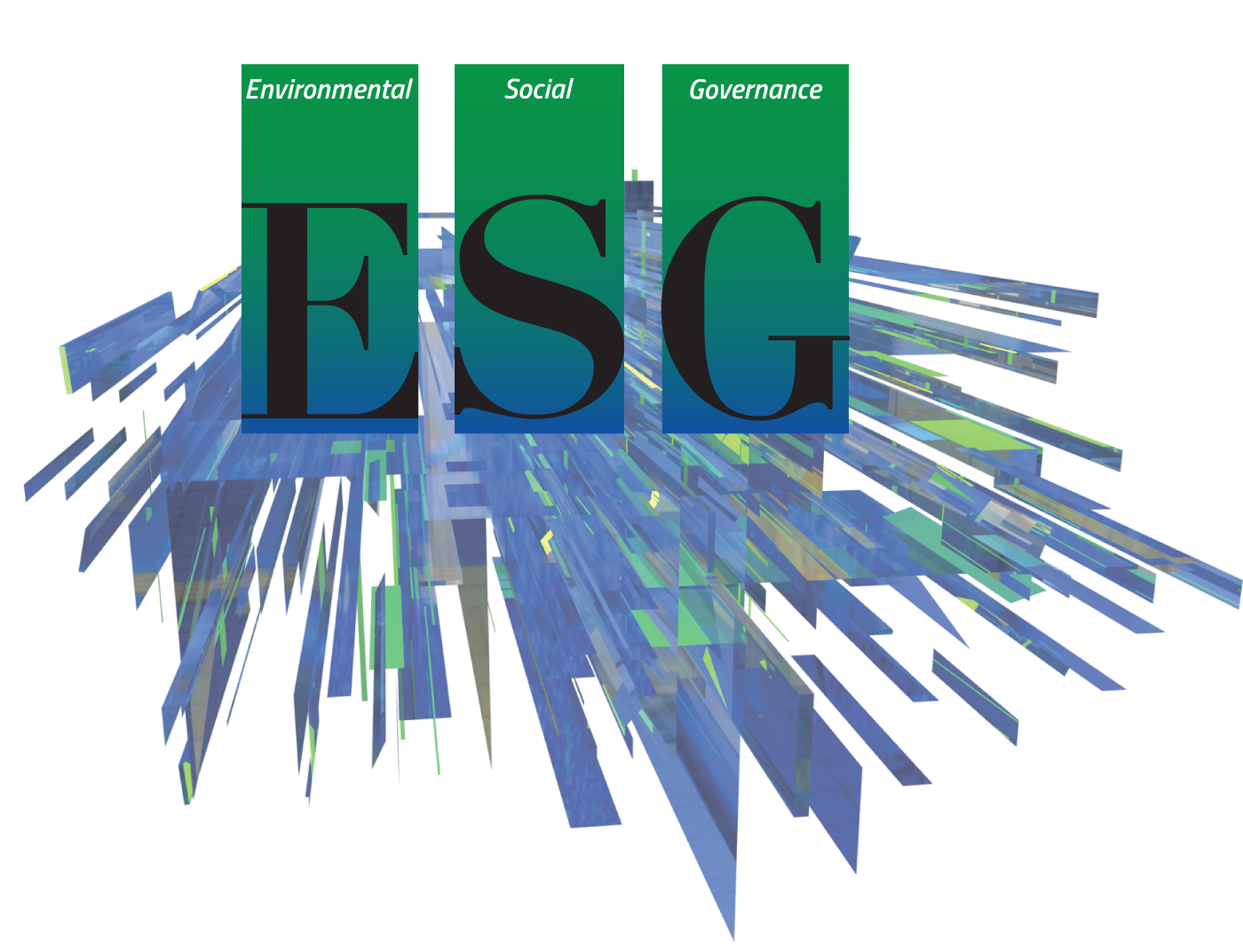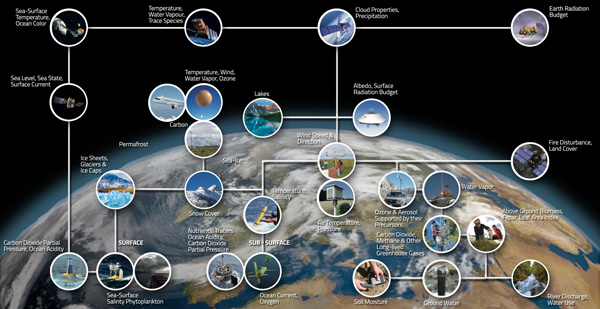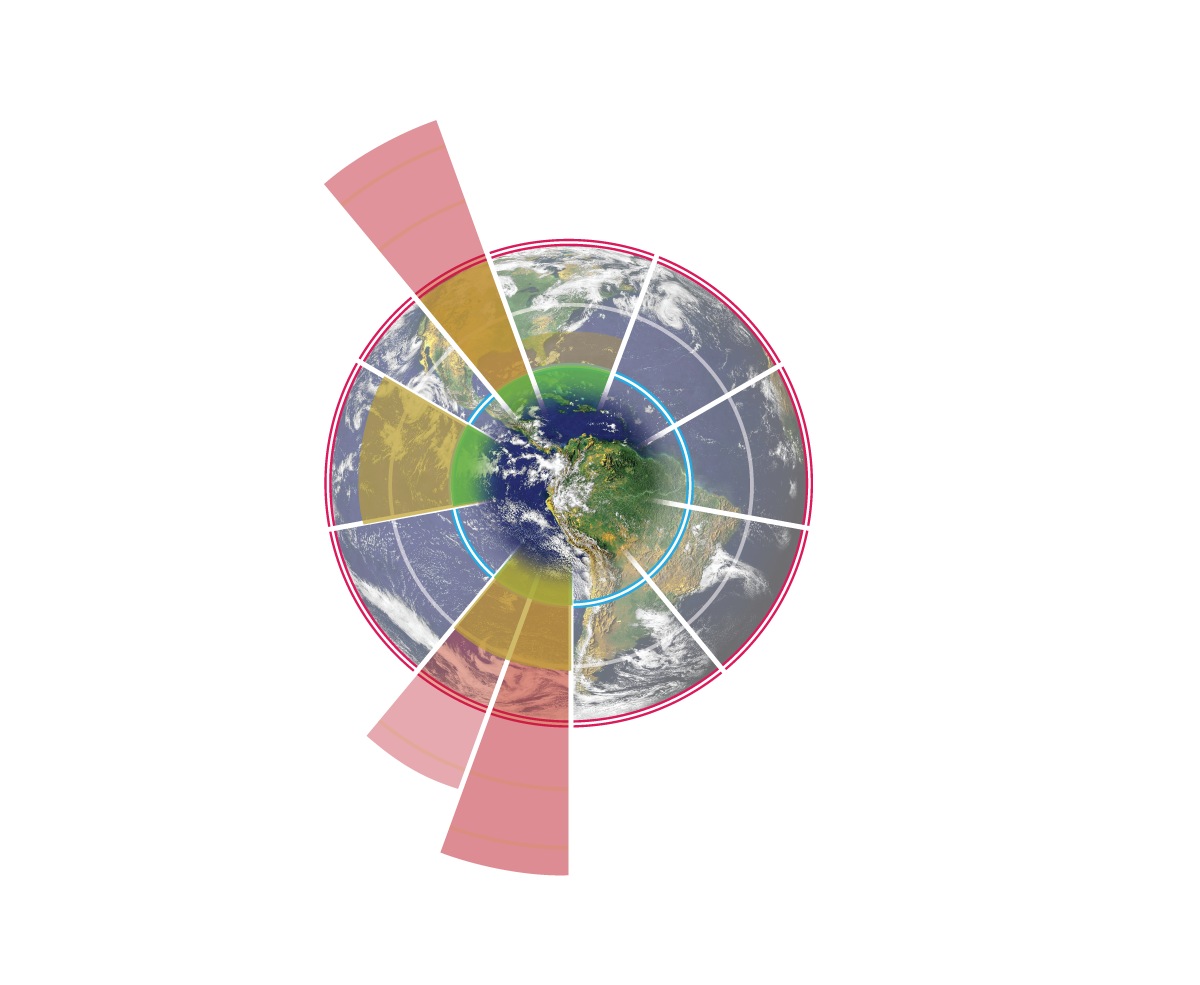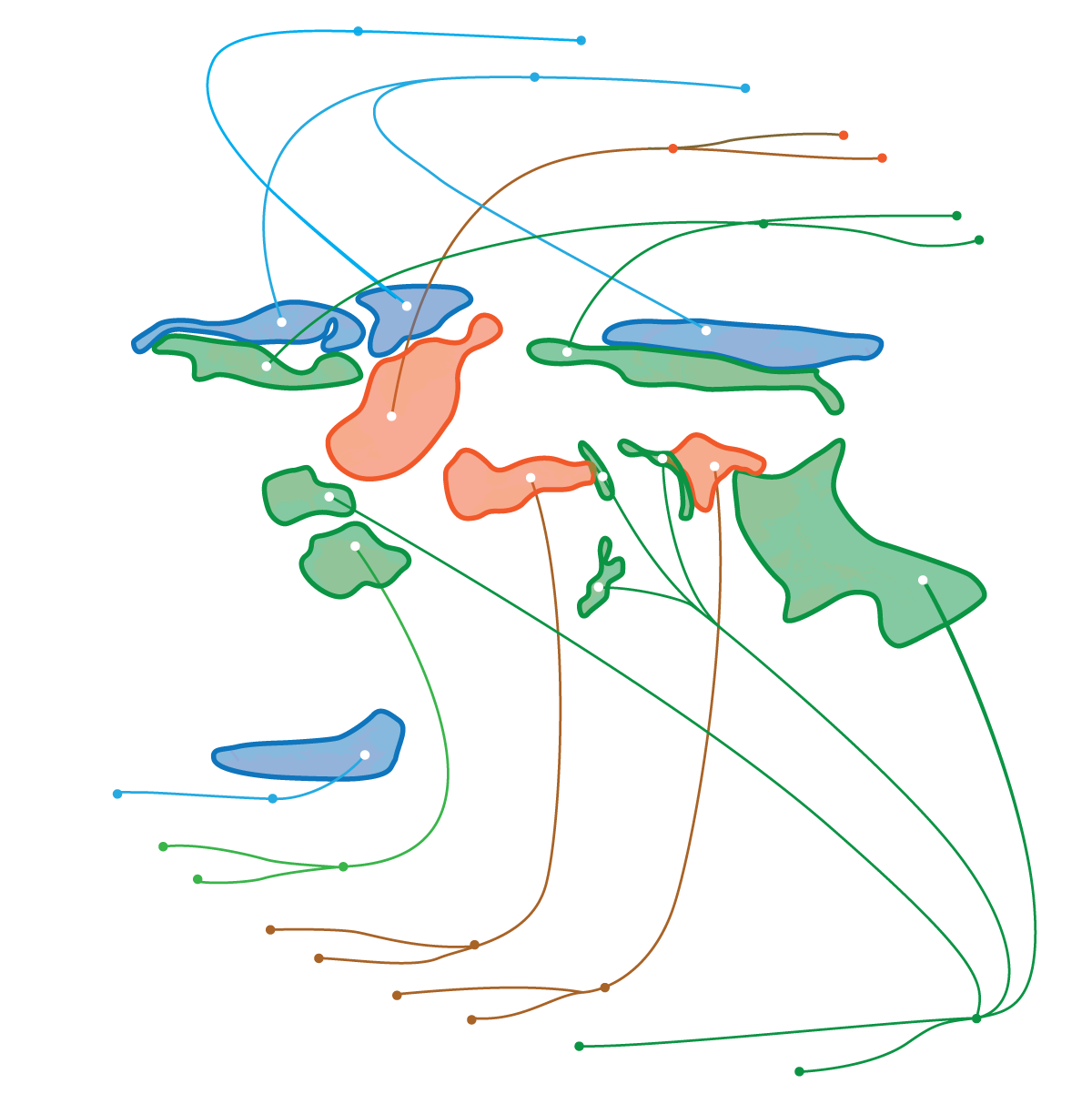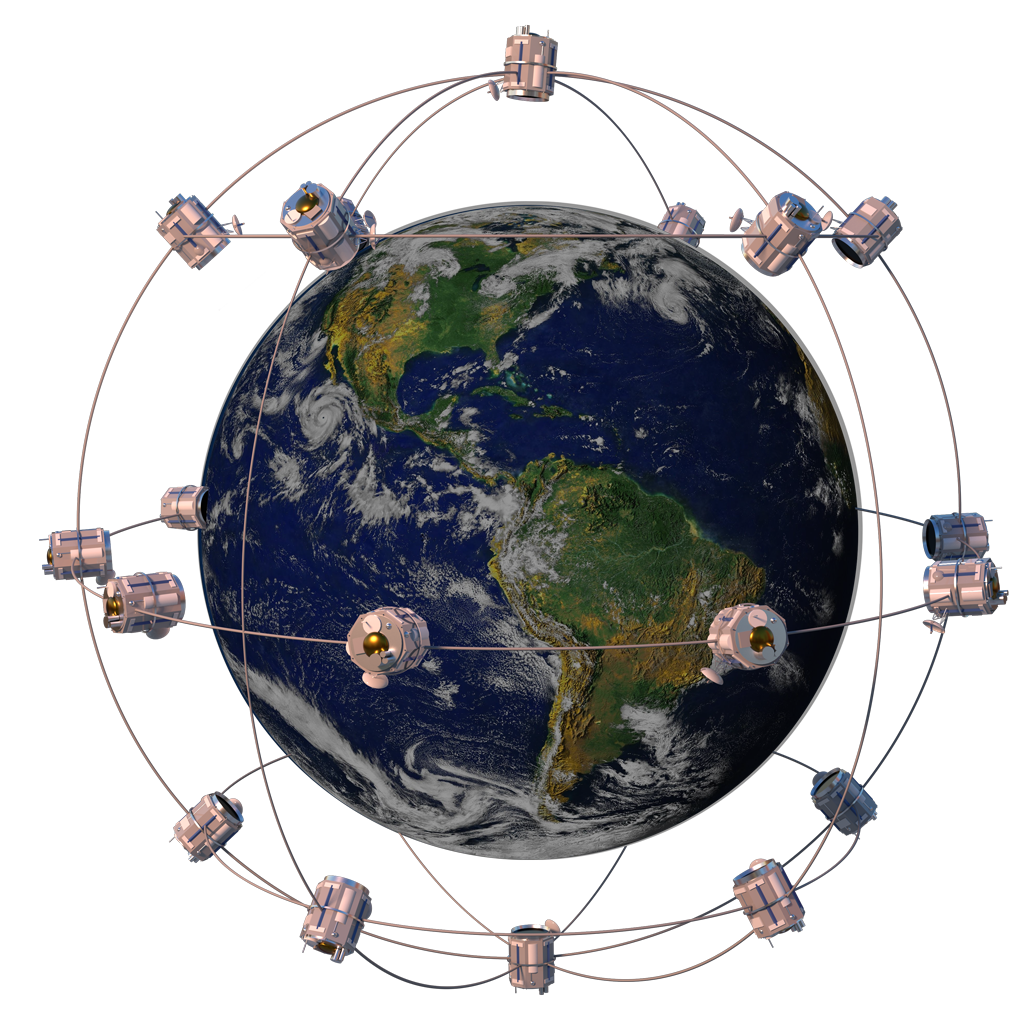ESG: A Growing Global Priority
ESG, Environmental, Social, and Corporate Governance, is a concept that proposes to evaluate and demonstrate an organization’s sustainable and responsible performance, impact, and status within the areas of environmental, social, and corporate governance.
Focus on improving ESG factors reveals opportunities to enhance corporate reputation, employee engagement, and customer loyalty. With heightened awareness of the global environmental crises, sustainability practices, and corporate accountability, there is an increase in pressure on companies to act on ESG. As such, ESG is experiencing rapid adoption across a multitude of industries, government agencies, and NGOs. ESG is a global force creating a global opportunity for transformative change.
ESG considerations are a growing priority for investors, as ESG performance strongly correlates to financial performance. The importance of investing in ESG-focused entities is intensifying for investors, as ESG scores are increasingly published in the public domain, and organizations with high ESG status outperform those without it.
While within the ESG triad Scepter’s atmospheric awareness is most directly applicable to the ‘Environmental’ leg, increasing performance in one leg will increase an organization’s overall ESG performance. Scepter’s data and actionable information can be tailored to meet any environmental ESG reporting needs or goals, and used with confidence.
